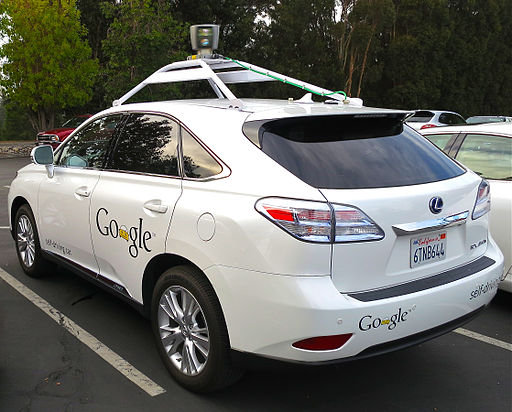As a compromise reached during the repeal, a three-tier system was adopted: Brewers would now sell their beers to an independent wholesaler who would then sell the beer to independent retailers. The introduction of a middle-man to the market structure had several effects. First, it protected retailers from pressure from larger brewers to only sell certain products. Second, it provided small brewers with better access to the consumer, as the wholesaler would provide distribution equipment, marketing, and sales expertise — costs that could be barriers to entry for many small players. [...]This simply doesn't fit with the historic record or what small breweries are currently say. A new paper shows that the more powerful the alcohol distributors are in a state, the fewer craft breweries exist. This is why one of the biggest legislative goals of craft breweries in many states is to relax the three-tiered system in ways to allow them to sell beer directly to consumers. There is a distinct positive correlation between states relaxing the three-tiered restrictions on direct sales for small breweries and the number of craft breweries that develop there.
But the three-tiered system that helped small brewers in some respects wasn't enough to erase the advantage held by the firms that rode out Prohibition making syrups and malts. [...]
Additionally, the three-tiered system established after Prohibition is especially valuable to small brewers for getting their products to consumers through already-established distribution networks, according to an economic impact analysis conducted at the University of Delaware for the National Beer Wholesalers Association.
This article even acknowledges that the breweries dramatically shrunk for decades under the three-tiered system and the trend only dramatically turned around when states began allowing small breweries a way around the three-tiered system. From the article: "Then, in October 1978, President Jimmy Carter signed a bill that legalized home brewing and shortly after, individual states began legalizing brewpubs — restaurant- breweries that sell 25 percent or more of their housemade beer on premise. The craft brewing segment was born."
I don't know how you could conclude the three-tiered system has on net been "valuable" to small breweries when looking at these trends and legal history.
Why this argument matters for legal marijuana.
*Image from Brewers Association





